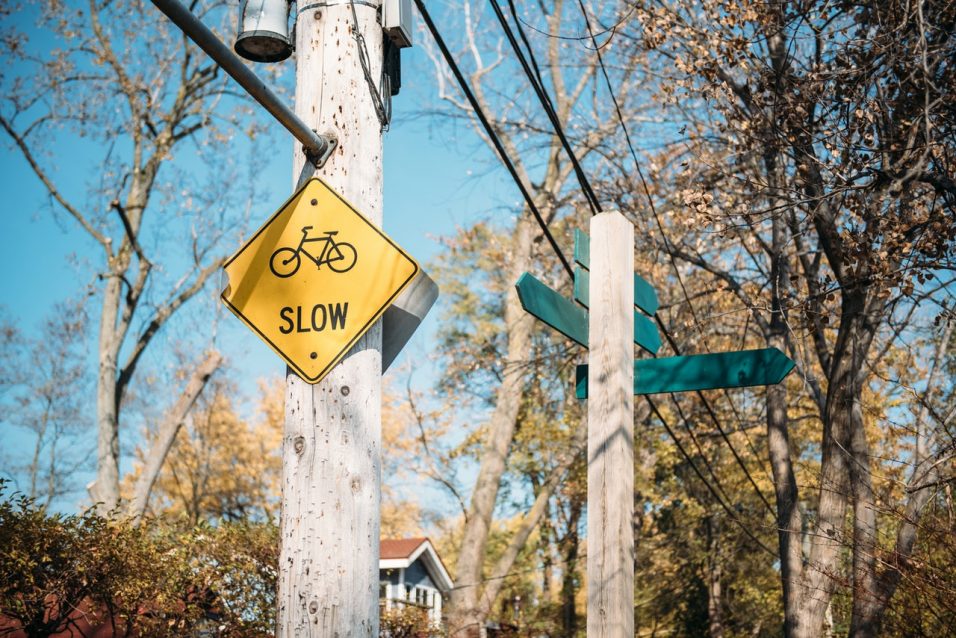The Shifting Goal Line

One thing they never tell you when you decide to be a writer is how the definition of success shifts and changes over the course of your career, often without your permission (and sometimes without your even noticing).
Everyone has a different experience and evolution of thought, of course. For me, it went something like this: When I was but a young’n, success was just finishing something that resembled a novel. It didn’t matter how good it was, or if I might ever sell it. Just writing 50,000 words or so that made sense was enough.
When I’d done that, the goal posts shifted: I wanted to write something good. Something original. When I felt like I’d done that, the goal shifted again. Now I wanted to be published. Then I wanted to be paid for my writing. Then I wanted a contract with a major publisher. Et cetera and so on.
The Ladder
Every time I achieved my current definition of success, the definition shifted on me, so I never quite made it all the way, and still haven’t. But you have to remind yourself sometimes that writing a book is in and of itself an achievement—most writers who intend to write a novel, or even begin one, fail to finish it. And most that finish that novel never revise it. Or never try to publish it. Or never write another one.
Noted weirdo Woody Allen once said that success was 99% showing up, and he’s right—whatever your current definition of writing success, it all comes back to putting in the time and the work, producing material, and getting it out there somehow. The goal posts might shift, but the ways of getting to them don’t—you write, you revise, you submit.
And you should keep in mind the shifting nature of success in this business, and remind yourself that there was a time when the thing you did yesterday in an almost routine fashion was once your definition of success. The world is a machine designed to prevent you from writing, so just getting words on the screen is success, sometimes.
The world is also a machine designed to murder us, but that seems like a topic for a whole different sort of blog.








